Sustainable Urbanization
Building Smarter, More Human Cities: Interview with Ugo Valenti
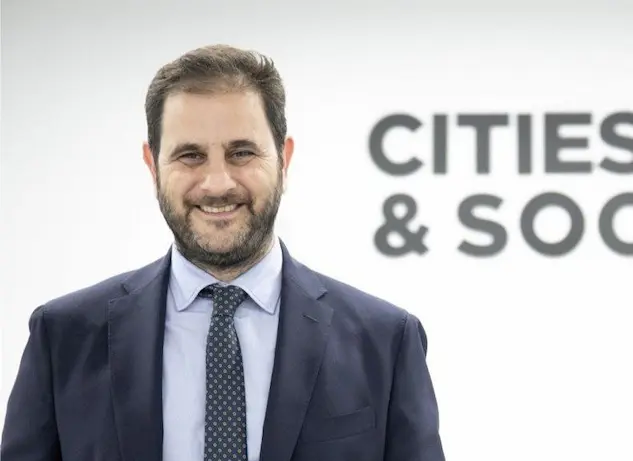
In this exclusive interview, Ugo Valenti, Director of the Smart City Expo World Congress, talks about how the world’s leading event on urban innovation continues to evolve and inspire cities across the globe. As the 2025 edition approaches, Ugo shares…
AI, Ethics, and the City of Tomorrow: Lessons from Smart City Expo Miami 2025
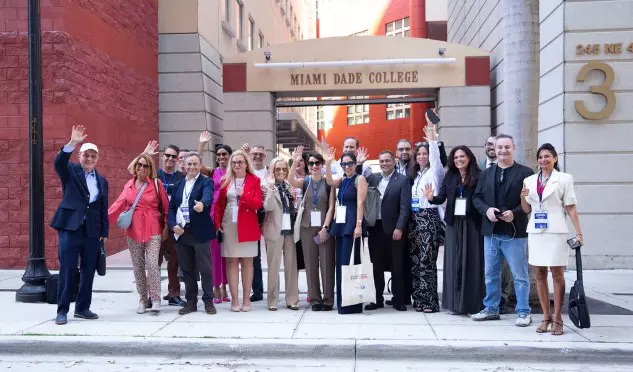
Smart City Expo Miami 2025 gathered global urban leaders to explore how AI, ethics, and empathy can shape the next generation of human-centered cities. The discussions emphasized inclusion, transparency, and resilience as core elements of smart urban governance. From data strategy to climate action, the Miami event highlighted that the true intelligence of cities lies in their humanity.
Read MoreAI, Ethics, and the City of Tomorrow: Lessons from Smart City Expo Miami 2025GIS in Serbia: A Policy Tool for Smart Cities and Sustainable Development
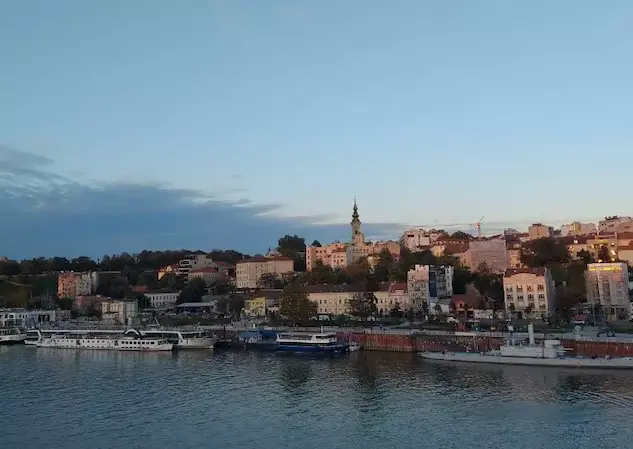
GIS in Serbia is becoming a crucial tool for sustainable urban planning and evidence-based governance. By integrating spatial data, policymakers can monitor environmental quality, improve resource allocation, and enhance transparency. Case studies from Pančevo, Belgrade, and Novi Sad show how GIS supports pollution management, citizen participation, and energy transition. With proper investment in data infrastructure and skills, Serbian cities can align with European sustainability goals while ensuring healthier communities.
Read MoreGIS in Serbia: A Policy Tool for Smart Cities and Sustainable DevelopmentTrees-as-Infrastructure: How Urban Nature Builds Cool, Green and Resilient Cities
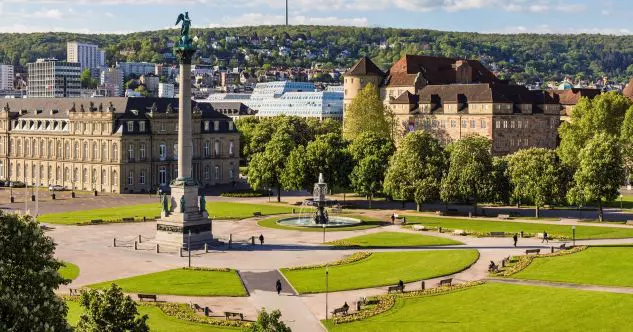
Trees-as-Infrastructure is redefining how cities integrate nature into urban planning. By treating trees as critical infrastructure, this approach enhances climate resilience, reduces heat and flooding risks, and improves community well-being. The methodology, tested in Stuttgart, offers a scalable model for greener, healthier, and more sustainable cities worldwide.
Read MoreTrees-as-Infrastructure: How Urban Nature Builds Cool, Green and Resilient CitiesAI in Smart Cities: How Artificial Intelligence Transforms Urban Life
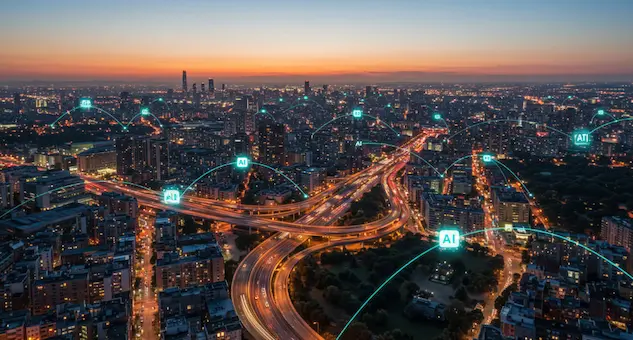
Artificial intelligence is transforming smart cities by optimizing mobility, energy, safety, and citizen services. From digital twins to predictive analytics, AI in smart cities enables more adaptive and sustainable urban systems. Yet its success depends on addressing challenges and ethical considerations to build trust and accountability.
Read MoreAI in Smart Cities: How Artificial Intelligence Transforms Urban LifeCross-Border Smart City Ecosystem: How Helsinki and Tallinn Built a Shared Future

Helsinki and Tallinn joined forces to build a cross-border smart city ecosystem that bridges innovation and sustainability. Through the EU-funded FinEst Twins project, the cities piloted real-world solutions for clean energy, data, mobility, and healthcare. This model shows how collaboration across borders can scale urban resilience and improve quality of life worldwide.
Read MoreCross-Border Smart City Ecosystem: How Helsinki and Tallinn Built a Shared FutureBalkan Green Cities: Greening the Urban Fabric and Why It Matters

Across eight Balkan green cities, we compare total green infrastructure and accessible urban green using EEA metrics and municipal datasets. The piece traces how geography and planning traditions shape outcomes, then spotlights flagship projects—from Athens’ Ellinikon to Belgrade’s Linear Park and Tirana’s Orbital Forest. We conclude with tiered, finance-aware recommendations that help city leaders turn green on paper into green on foot.
Read MoreBalkan Green Cities: Greening the Urban Fabric and Why It MattersEdible City: How Urban Gardens Transform Cities Beyond Food
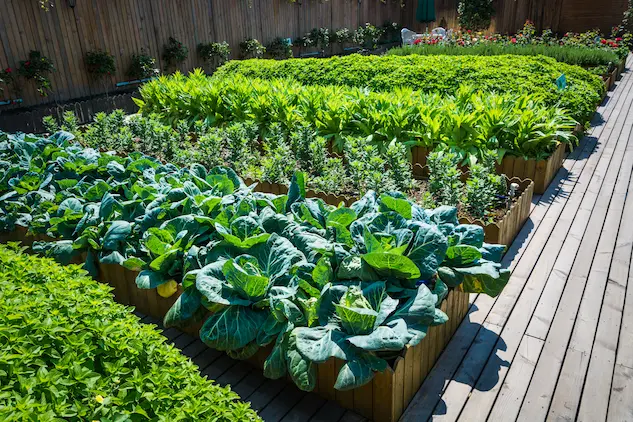
Edible cities integrate urban gardens into public spaces, delivering multiple social, ecological, and economic benefits beyond food production. From Andernach to Belgrade, European cities are piloting edible landscapes as infrastructure for climate adaptation, community building, and environmental education. Research shows that inclusive, co-designed programs yield stronger social outcomes than purely technological approaches. Practical guidance for planners emphasizes mapping, governance, skills pipelines, and a mosaic of micro-sites to maximize impact.
Read MoreEdible City: How Urban Gardens Transform Cities Beyond FoodSustainable AI for Cities: Strategic Priorities, Challenges, and Long-Term Impact

As cities strive to become carbon neutral and resilient to climate effects carbon neutral, AI can play a pivotal role in driving this transformation. This article explores the dual nature of sustainable AI for cities — both as a tool for solving sustainability challenges and as a system that must itself be ethical and sustainable by design.
Read MoreSustainable AI for Cities: Strategic Priorities, Challenges, and Long-Term ImpactSteering Autonomous Vehicles and Sustainable Cities Toward a Liveable Future
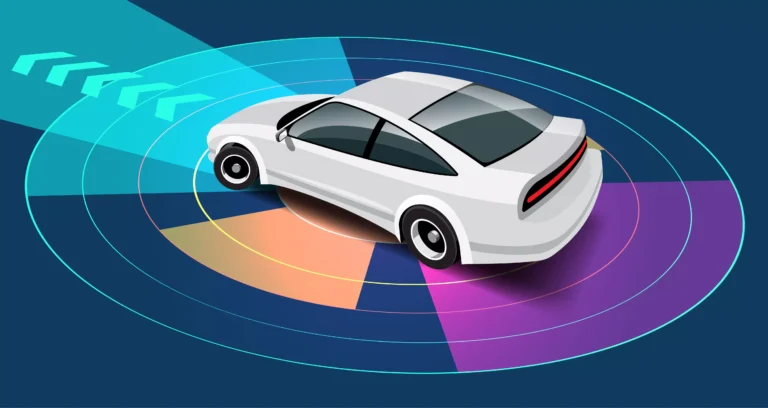
Autonomous vehicles (AVs) could either deepen car dependency or support sustainable, liveable cities. This article contrasts two scenarios: private AVs driving congestion versus shared AVs integrated with transit. Drawing on examples from Singapore, Phoenix, and Stockholm, it highlights key tools — transport hierarchy and road pricing — to guide cities toward greener, fairer futures.
Read MoreSteering Autonomous Vehicles and Sustainable Cities Toward a Liveable Future